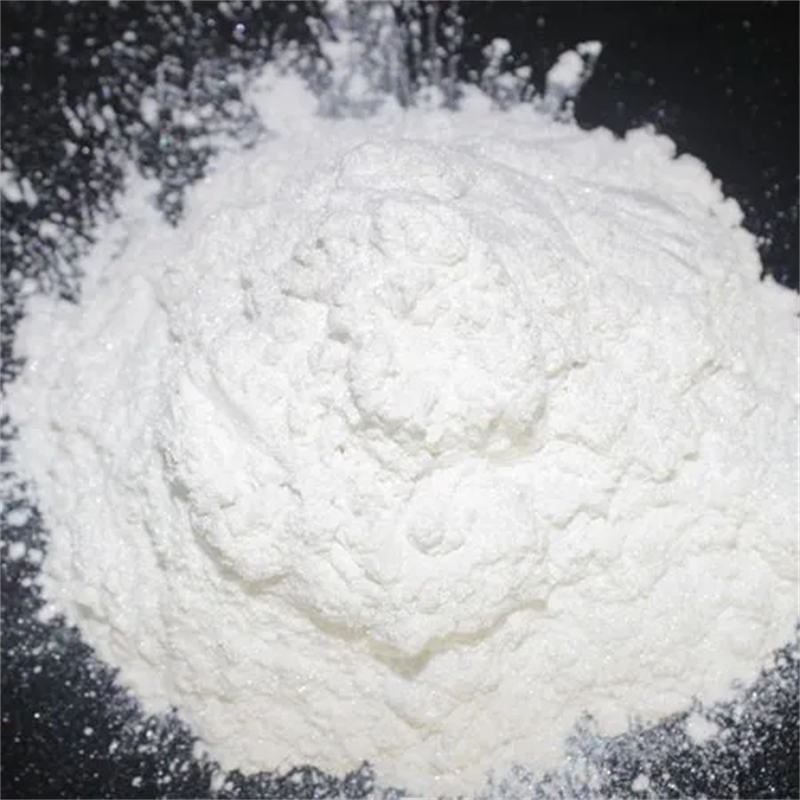-
Categories
-
Pharmaceutical Intermediates
-
Active Pharmaceutical Ingredients
-
Food Additives
- Industrial Coatings
- Agrochemicals
- Dyes and Pigments
- Surfactant
- Flavors and Fragrances
- Chemical Reagents
- Catalyst and Auxiliary
- Natural Products
- Inorganic Chemistry
-
Organic Chemistry
-
Biochemical Engineering
- Analytical Chemistry
-
Cosmetic Ingredient
- Water Treatment Chemical
-
Pharmaceutical Intermediates
Promotion
ECHEMI Mall
Wholesale
Weekly Price
Exhibition
News
-
Trade Service
The chemical industry is a vast and complex field, with many different products and processes involved in its operations.
One of the most important and widely used products in this industry is 25-hydroxyvitamin D3, a naturally occurring hormone that plays a vital role in the regulation of the body's calcium levels.
25-hydroxyvitamin D3 is produced naturally in the body through the action of sunlight on the skin, and it is also found in certain foods, such as fatty fish and fortified milk.
It is an essential nutrient that is important for bone health and the prevention of conditions such as osteoporosis.
In recent years, there has been growing evidence to suggest that it may also have other health benefits, such as reducing the risk of certain cancers and heart disease.
In the chemical industry, 25-hydroxyvitamin D3 is typically produced through a process known as synthesis, which involves the combination of several different chemicals to create the hormone.
This process can be carried out using a variety of different methods, depending on the intended use of the final product.
One of the main applications of 25-hydroxyvitamin D3 is in the production of downstream products, such as vitamin D supplements and fortified foods.
These products are often used to help people who may be deficient in vitamin D, either due to a lack of exposure to sunlight or because they have a poor diet.
Downstream products can be formulated in a variety of different ways, depending on the desired characteristics.
For example, vitamin D supplements may be formulated as capsules, tablets, or liquids, and they may be fortified with other ingredients, such as calcium, to help support bone health.
Similarly, fortified foods, such as cereals and milk, may be enhanced with vitamin D to help promote overall health and wellbeing.
Another important application of 25-hydroxyvitamin D3 is in the production of upstream products, such as pharmaceuticals and diagnostic tools.
These products are often used in the medical field to help diagnose and treat various conditions, such as vitamin D deficiency, and they may also be used in research settings to better understand the role of vitamin D in the body.
Upstream products are typically more complex and require a higher level of expertise to produce than downstream products.
They may also be more expensive, due to the specialized equipment and processes required to manufacture them.
Examples of upstream products include diagnostic kits for measuring vitamin D levels in the blood, and medications that are used to treat vitamin D deficiency and related conditions.
In conclusion, 25-hydroxyvitamin D3 is an important and versatile product in the chemical industry, with a wide range of applications in both the downstream and upstream sectors.
Whether it is being used to produce vitamin D supplements, fortified foods, or specialized medical products, this hormone plays a vital role in promoting health and wellbeing.
As research into its benefits and applications continues to advance, it is likely that we will see even more exciting developments in this field in the years to come.







